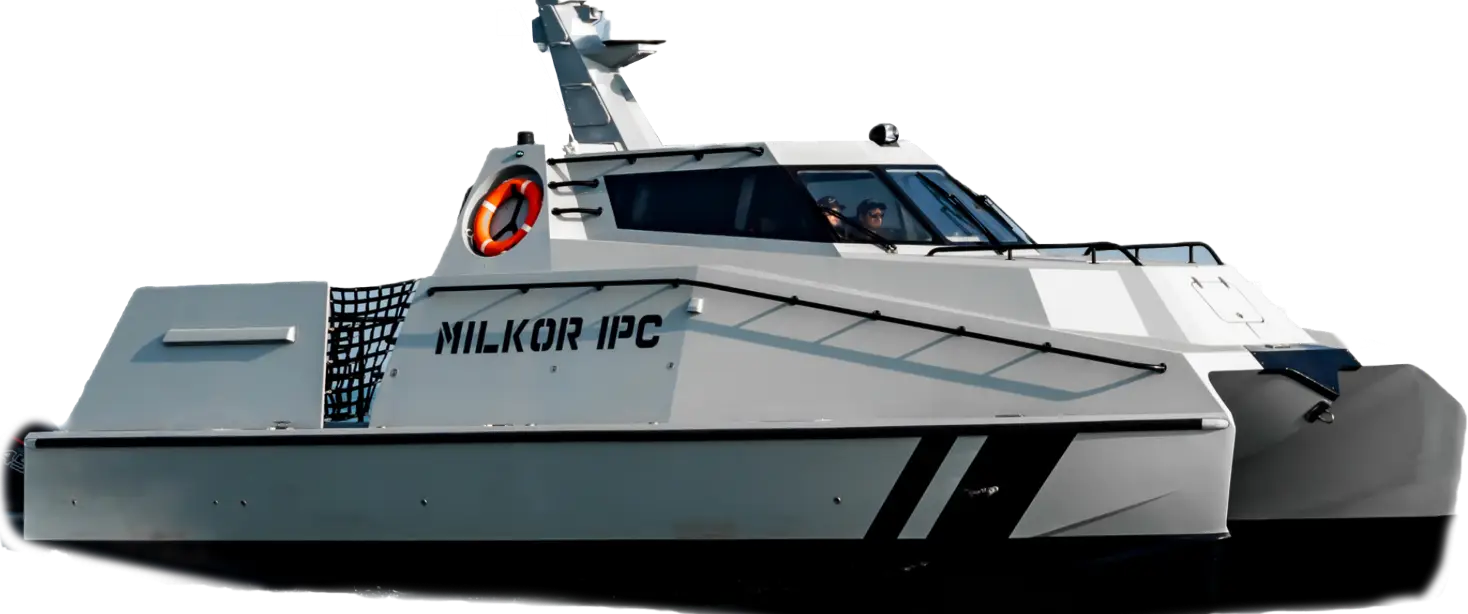Understanding the intricacies of marine services costs is crucial for anyone involved in the maritime industry. From shipowners to logistics managers, an inclusive grasp of the factors influencing these costs is essential for effective budgeting and decision-making.
Types of marine services:
Marine services UAE encompass a wide array of activities, including vessel maintenance, port services, navigation assistance, and cargo handling. Each type comes with its unique set of cost drivers, making it imperative to categorize and analyze expenses accordingly.
Vessel maintenance costs:
A significant portion of marine services expenses is dedicated to maintaining vessels. This includes routine inspections, repairs, and upgrades to ensure the seaworthiness and compliance with maritime regulations. Understanding the lifecycle of ship components aids in predicting and managing maintenance costs effectively.
Fuel and energy expenses:
Fuel costs are a substantial component of marine services expenditures. Factors such as fuel efficiency, route planning, and fluctuations in fuel prices impact the overall expenses. Employing technologies and practices to optimize fuel consumption is vital for cost control in this area.
Port services and dues:
Ports play a crucial role in maritime operations, but they come with their own set of charges. Port services encompass pilotage, berthing, and cargo handling fees. Understanding the fee structures of different ports and optimizing port calls can significantly impact the overall cost efficiency of marine operations.
Crew-related costs:
Human resources are a critical aspect of marine services. Crew salaries, training, and accommodation contribute substantially to operational expenses. Considering factors like crew efficiency, retention, and compliance with international labor standards is paramount in managing these costs effectively.
Technological investments:
In an era of digital transformation, integrating technology into marine services is both a necessity and an investment. Navigation systems, communication tools, and data analytics can enhance operational efficiency, but they come with upfront costs. Evaluating the long-term benefits of such technological investments is crucial in the cost analysis process.
Deciphering marine services costs involves a complete understanding of the various components influencing expenses. Shipowners and industry stakeholders must go through the complexities of vessel maintenance, fuel costs, port services, crew-related expenses, regulatory compliance, and technological investments to ensure cost-effective and sustainable maritime operations.



